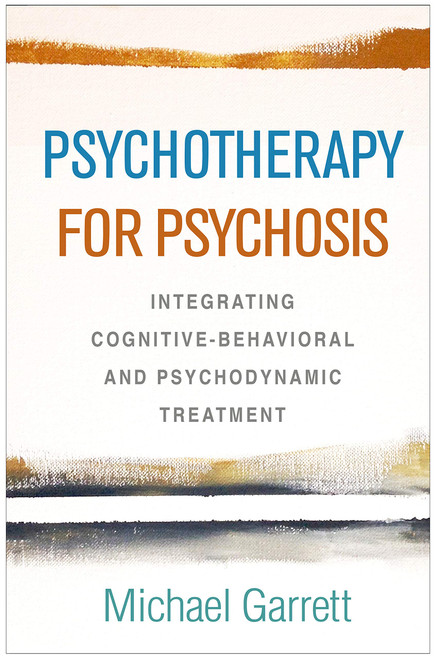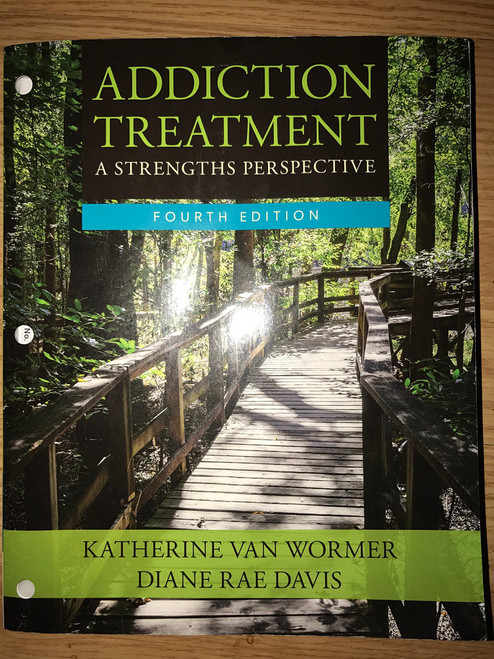In this newly revised edition, Philip J. Flores, a highly regarded expert in the treatment of alcoholism and in group psychotherapy, provides you with proven strategies for defeating alcohol and drug addiction through group psychotherapy. For the first time, practical applications of 12-step programs and (ital) psychodynamic groups are jointly explored, jointly explained, and jointly brought into therapeutic use. You'll examine the constructive benefits of group therapy to chemically dependent individuals--opportunities to share and identify with others who are going through similar problems, to understand their own attitudes about addiction by confronting similar attitudes in others, and to learn to communicate their needs and feelings more directly.Group Psychotherapy with Addicted Populations covers the key areas of group psychotherapy for chemically dependent persons including:
- alcoholism, addiction, and psychodynamic theories of addiction
- alcoholics anonymous and group psychotherapy
- use of confrontational techniques in the group
- inpatient group psychotherapy
- characteristics of the leader
- transference in the group
- resistance in groups
- preparing the chemically dependent person for group
- the curative process in group therapy Along with his powerful chapters that emphasize the positive and constructive opportunities group psychotherapy brings to the chemically dependent individual, Flores has added these new sections:
- integrating a modern analytic approach
- a discussion of object relations theory
- group psychotherapy, AA, and twelve-step programs
- diagnosis and addiction treatment
- treatment issues at early, middle, and late stages of treatment
- a discussion of guidelines and priorities for group leaders
- countertransference
- special considerations of resistance to addiction
- termination of treatment










